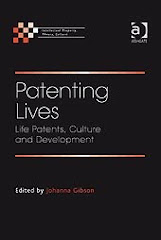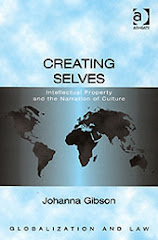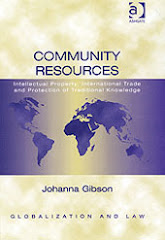Jiang has been working on Jerusalem artichokes for around 10 years after being shocked by the desertific
 ation he saw in a visit to Inner Mongolia. He had noticed that the artichokes could withstand tremendously dry conditions on the beach near his home, and so he proceeded to test the plants under various harsh conditions. In 1999, he returned to Inner Mongolia to plant the artichokes over 80 hectares of land. A subsequent drought killed the existing flowers in the area, but the artichokes survived and produced new tuberous roots. With the help of students, Jiang was able to plant a further 200 hectares.
ation he saw in a visit to Inner Mongolia. He had noticed that the artichokes could withstand tremendously dry conditions on the beach near his home, and so he proceeded to test the plants under various harsh conditions. In 1999, he returned to Inner Mongolia to plant the artichokes over 80 hectares of land. A subsequent drought killed the existing flowers in the area, but the artichokes survived and produced new tuberous roots. With the help of students, Jiang was able to plant a further 200 hectares.According to the report, Jiang has had to rely on his own funds to support the research, resulting in serious debts. Nevertheless, he has continued to donate plants to local governments without the finances to purchase them.
An important innovation for desertification, based upon trad
 itional farming practices in China, this case also draws attention to the quality of the reward for Jiang - one of esteem and recognition for his work. The comments of Sir John Sulston at the launch of the Adelphi Charter on Creativity, Innovation and Intellectual Property, are extremely relevant here. During discussion, Sir John remarked that one of the very important aspects of the "reward" for creators is "peer esteem, or indeed esteem in general by people." He went on to explain: "Now of course, scientists in the same way desperately want esteem, although we always pretend that we don't. And the way we get it is by people recognising that we have done something." This esteem is thus achieved through "openness" and dissemination of research - through publishing, through access to that publishing, and through the ongoing exchange of ideas: "the more you give away in a sense ... Then the more esteem you get."
itional farming practices in China, this case also draws attention to the quality of the reward for Jiang - one of esteem and recognition for his work. The comments of Sir John Sulston at the launch of the Adelphi Charter on Creativity, Innovation and Intellectual Property, are extremely relevant here. During discussion, Sir John remarked that one of the very important aspects of the "reward" for creators is "peer esteem, or indeed esteem in general by people." He went on to explain: "Now of course, scientists in the same way desperately want esteem, although we always pretend that we don't. And the way we get it is by people recognising that we have done something." This esteem is thus achieved through "openness" and dissemination of research - through publishing, through access to that publishing, and through the ongoing exchange of ideas: "the more you give away in a sense ... Then the more esteem you get."Notwithstanding the critical problems with funding for Jiang, his dedication to the research and the dissemination of the benefits are illustrative of this kind of underlying principle of exchange. Jiang himself explains that it is esteem which is both reward and incentive for his research: "I'll never give up my choice no matter what difficulties occur again as people have recognized my efforts."



No comments:
Post a Comment